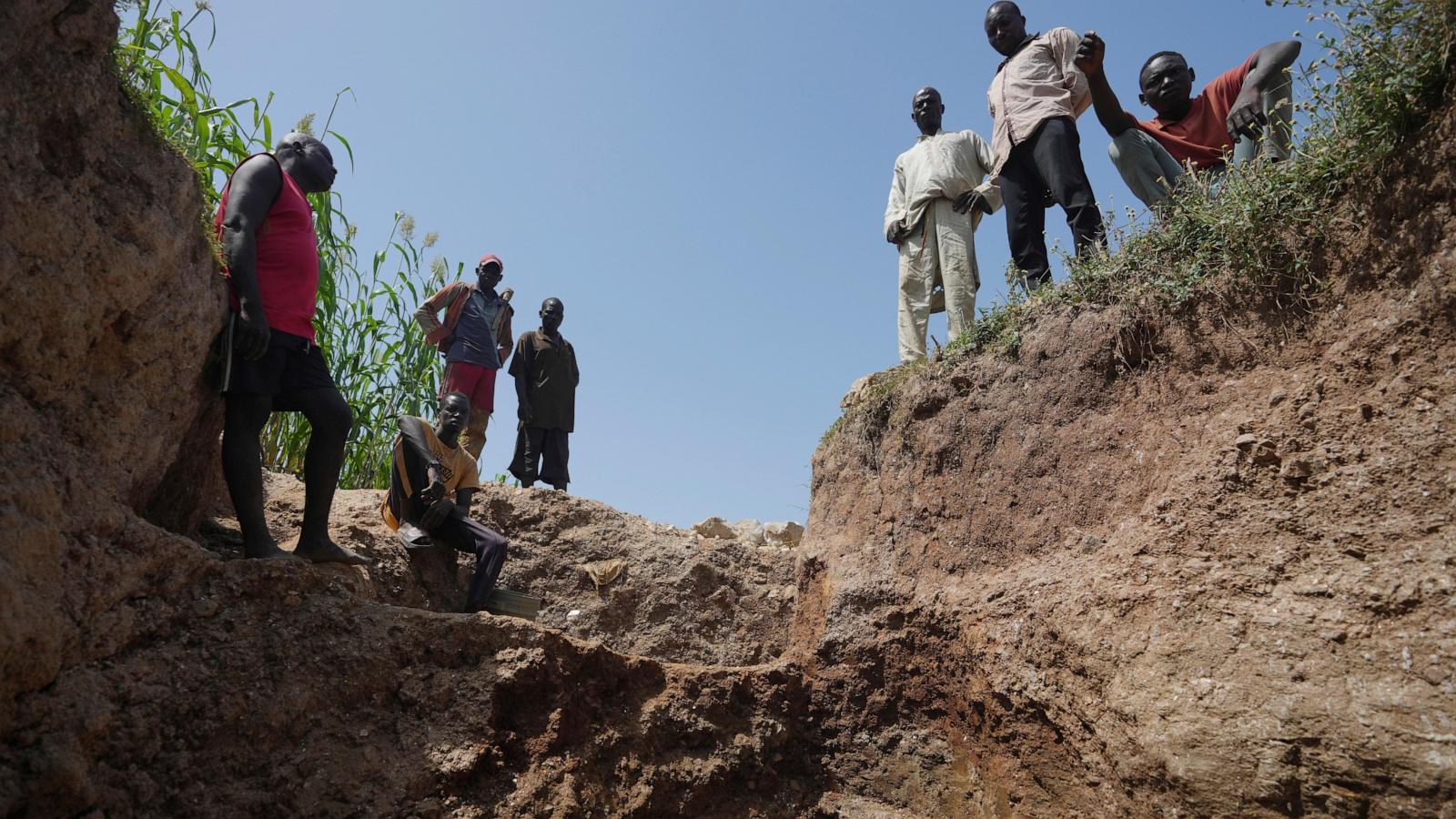Shocking Reality: Child Labor Fuels the Green Energy Boom in Nigeria
In the heart of Nasarawa, Nigeria, a six-year-old girl named Juliet toils under the scorching sun, mining lithium—a critical component for the batteries powering our green energy transition. Her tiny hands, caked in dust, chip away at rocks, earning less than a dollar a day. This isn't some distant historical tragedy; this is happening now, revealing the hidden cost of our clean energy aspirations. Juliet's story is just one of millions, exposing the grim reality of child labor in the lithium mines that fuel the global demand for electric vehicles and renewable energy technologies.
The Dark Side of Green Energy: Child Labor in Lithium Mines
The Devastating Impact on Children
The International Labour Organization estimates that over 1 million children worldwide are working in mines, with Africa bearing a disproportionate burden. These children face horrendous conditions: long hours, unsafe environments, exposure to toxic dust, and the constant threat of injury or death. They are forced to carry heavy loads, crush rocks, and sort ore—work far too dangerous and demanding for any child. In Nigeria, the lure of quick profits and the lack of oversight has led to an explosion of illegal mining operations, making this issue even more dire. The demand for lithium, a critical element in batteries for electric vehicles and renewable energy technologies is driving this terrible situation.
Exploiting Vulnerability: The Poverty-Driven Cycle
Families like Juliet's are trapped in a vicious cycle of poverty. Lacking access to education and other opportunities, they resort to mining to survive. Even when schools are theoretically free, hidden fees often make education unattainable for the poorest families, pushing even more children into the mines to compensate for the lack of income to help their family survive. The reality for these children is a brutal one.
Unlicensed Mines and Lax Regulations: A Recipe for Disaster
The Role of Unlicensed Mines
Many of the mines are unlicensed and unregulated, operating outside the boundaries of Nigeria's laws concerning basic education and prohibition of child labor. This creates a breeding ground for exploitation. These sites lack safety precautions, creating danger for anyone who dares to enter; children face higher risk of harm and injury. In these illegal mining sites, no protections or rights of workers are recognized; this adds to the misery.
Corruption and Weak Enforcement
Corruption plays a significant role in enabling this criminal activity, hindering effective law enforcement. Bribery allows illicit mining to thrive, making it extremely difficult to police these mines. It enables operations like the lithium mine where Juliet works to persist in its horrific condition; there are almost no checks to stop exploitation of people.
The Global Supply Chain: China's Role
The Flow of Lithium from Mine to Market
The lithium extracted from these mines often finds its way into the global supply chain. Chinese companies, prominent players in Nigeria's extractive industry, are often implicated in practices leading to the ongoing problem of child labor. Some companies even purchase raw materials, with little investigation as to how these materials were obtained, even if obtained illegally using unethical labor practices, turning a blind eye towards illegal activity and potentially human rights abuse.
Corporate Responsibility and Ethical Sourcing
Ethical sourcing of materials must be emphasized, which entails businesses putting measures in place to guarantee their suppliers and their practices are responsible.
A Call to Action: Combating Child Labor in the Lithium Industry
Protecting Children's Rights
Protecting children’s rights and ensuring access to education in resource-rich countries, are urgent needs. Education and other initiatives would make sure that children can have a good start to their life, away from dangerous mines.
Stronger Regulations and Enforcement
Government bodies and organizations must make stricter regulations and enforcements to minimize illegal and unethical activities within mining companies. These actions will allow these people to start working and having good life conditions, and keep children in school. Without serious reforms to the existing system, problems will still continue.
Corporate Responsibility
Mining companies must bear their part of the responsibility in stopping human rights abuses. Companies such as RSIN Nigeria Limited must make sure that they are responsible for the sources of their raw materials.
Global Collaboration
The issue is not just for the government and mining companies; consumers also need to actively check how companies act. There has to be a significant action in reducing the issue of child labor, to end inhumane practices.
Take Away Points
- The global demand for lithium for clean energy technologies has inadvertently fueled the exploitation of children in African mines.
- Lax regulations, corruption, and poverty create a cycle of child labor in the lithium mining industry.
- International collaboration between governments, corporations, and NGOs is necessary to address this urgent humanitarian crisis.
- Consumers play a vital role in creating consumer demand, in supporting companies that follow ethical and responsible guidelines.
- Corporate social responsibility is absolutely vital to enforce positive changes in improving human rights within organizations.
The plight of Juliet and countless other children serves as a harsh reminder that the transition to clean energy should not come at the expense of human rights. We must hold those involved in the supply chain accountable and demand a future where children are in school, not in mines. We are responsible for ensuring a future for all people, and to protect human rights. Every consumer can actively play their part in creating consumer demand.




